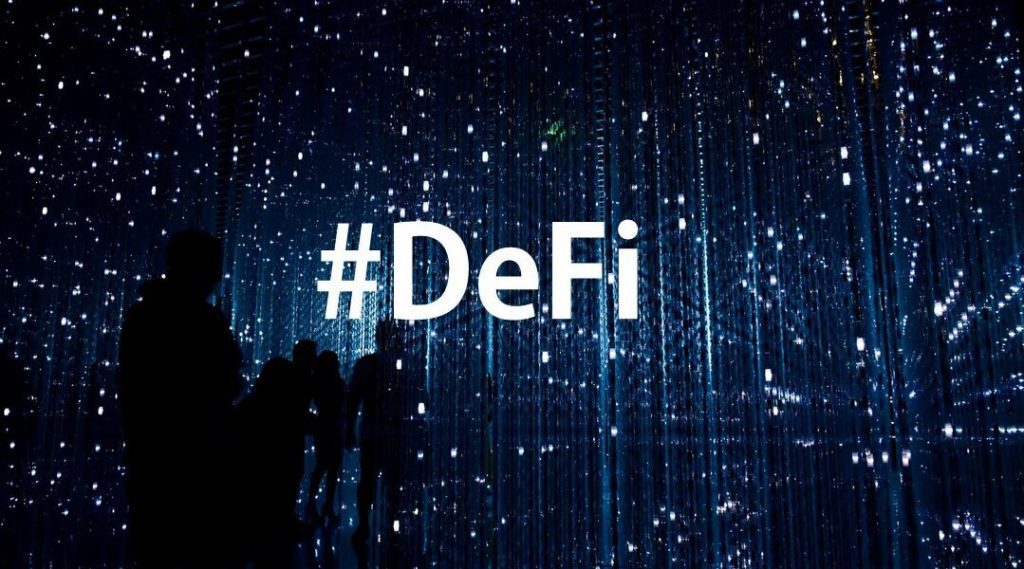- 2022 is about to see massive growth in institutional DeFi backed by banks and the blossoming NFT industry, Chainlink co-founder Sergey Nazarov says.
- Regulatory hurdles and poor security configurations stand in the way of the industry’s success.
Chainlink co-founder Sergey Nazarov is convinced 2022 will see greater institutional adoption of decentralized finance (DeFi) compared to previous years. He expressed this view while conversing with Solana co-founder Anatoly Yakovenko during a virtual fireside chat at the Solana Breakpoint conference in Lisbon, Portugal.
Nazarov expects that “a number of enterprises and banks and various existing players to not want to lose their relationship with customers and users and key institutional clients.” Additional DeFi growth, as he says, will come through banks and the flourishing non-fungible tokens (NFT) market.
I expect a number of things to go live around DeFi return through your bank, or buying NFTs through an existing marketplace, or some existing universe of Web 2.0 tools,
Institutional investors and DeFi ecosystem
Even more, he predicts “a flow of various collateral on-chain,” or rather new markets for insurance products on-chain.
I think the world is going to eventually—probably in 2022—realize that there’s this big market called DeFi,
Even as Nazarov believes 2022 will be the year of institutional DeFi, the industry has already achieved leaps and bounds this year.
According to DeFi Pulse, the sector now boasts $113 billion in total value locked (TVL), a massive surge from January’s $26 billion. This swell, Nazarov says, can be partly attributed to PayPal. The online payments company hit headlines earlier this year when it introduced a crypto trading feature on its platform.
If PayPal has done its research and decided to allow this type of Web 2.0 interaction with crypto, why on earth do you think your users won’t come to you and also want to interact with custody, DeFi, and so on,
Ripple agrees that providing crypto trading services only makes clients want more exposure to DeFi functionalities such as staking and yield farming. For this reason, the fintech company is already looking to enable financial institutions to provide such services through a newly introduced “Liquidity Hub.”
Read More: Ripple launches “Liquidity Hub” for finance firms, plans to offer 6 cryptocurrencies and DeFi
On the flipside
Nonetheless, even with signs of a bright future, DeFi still faces many regulatory hindrances on its path to greatness. Its stellar movement has brought on increased attention from lawmakers and regulators.
Gary Gensler, chairman of the US Securities and Exchange Commission (SEC), has on multiple occasions, called on higher regulatory oversight of the industry. He argue that such platforms are likely playing host to myriads of unregistered securities. Last month, Gensler warned that DeFi “will end poorly” in the absence of proper investor protection.
Related: SEC chairman Gary Gensler says DeFi poses risks to crypto investors
But it’s not only regulation that seems to plague the industry, security deficiencies have also been a menace as shown by the million stolen by hackers. bZx and Cream Finance are one of the latest victims, with each losing $55M and $117M, respectively.


